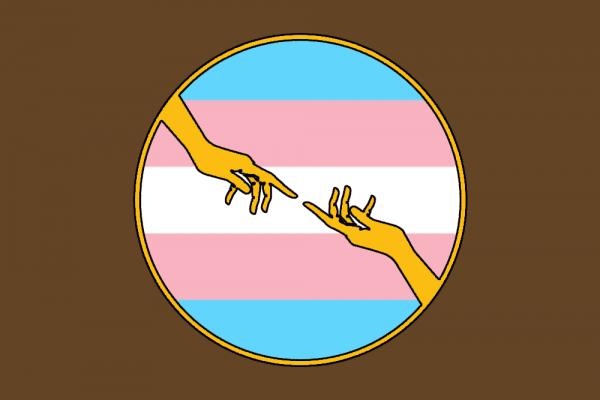Jun 23, 2023
Speech opens a door to previously unknown experiences. In a way, speech — or language — makes and unmakes the world as we know it. When I speak about myself, I tell you the truth of who I am.
So, in an era where people of faith, specifically Christians, are popularizing anti-trans language, it feels like my responsibility to say something — anything — to lift up those of us who identify as transgender and Christian. The truth I want to communicate here is this: God made me to be trans.
Read the Full Article

Already a subscriber? Login
